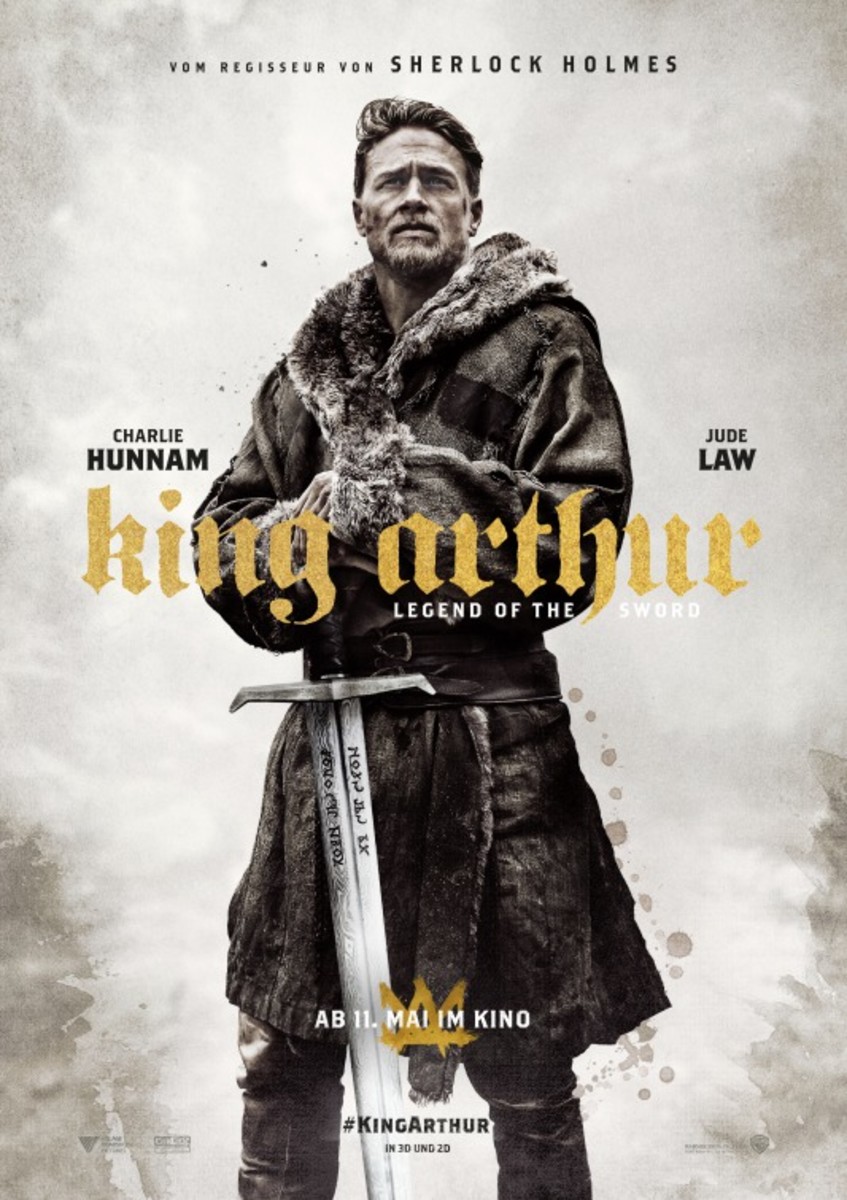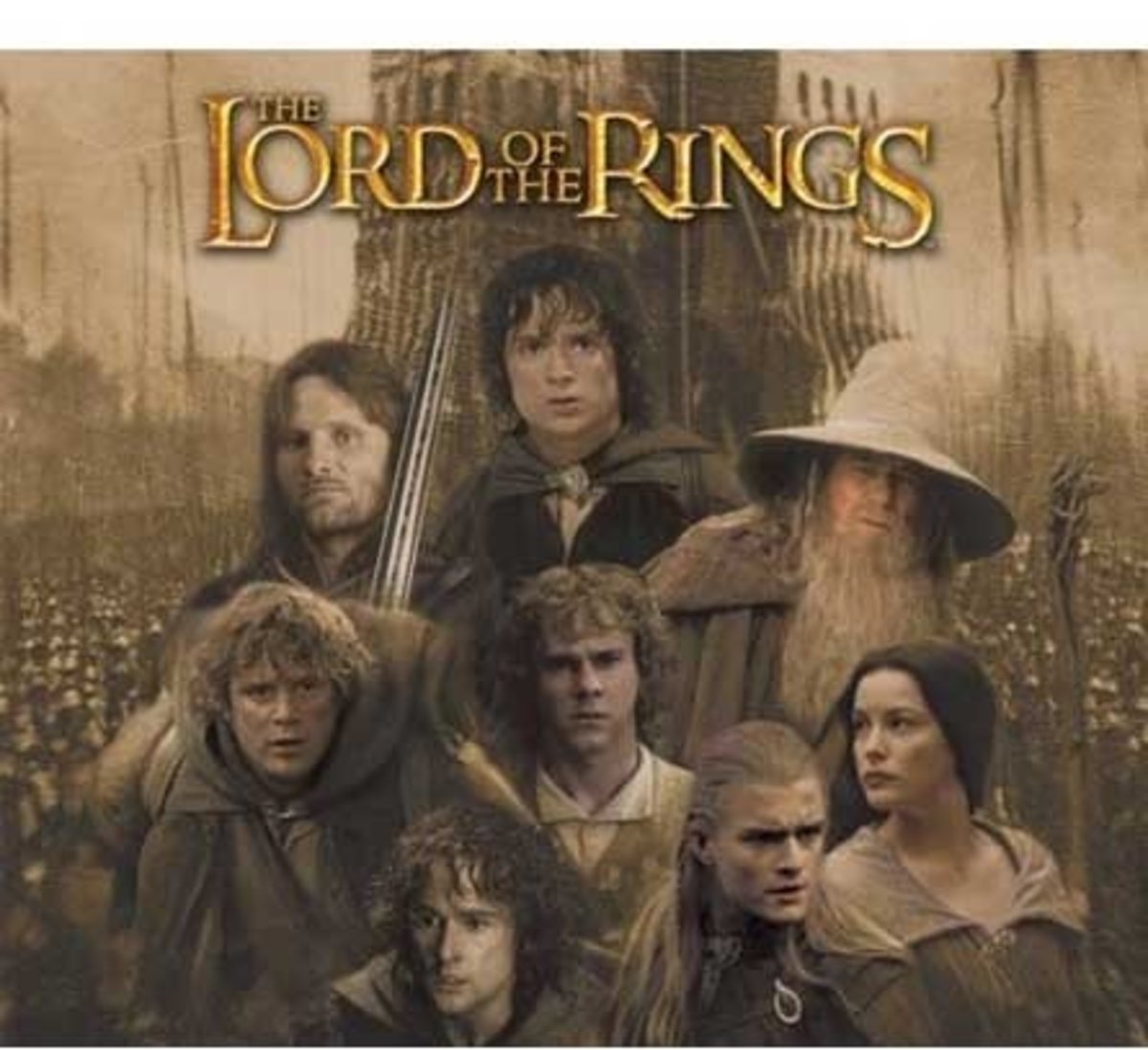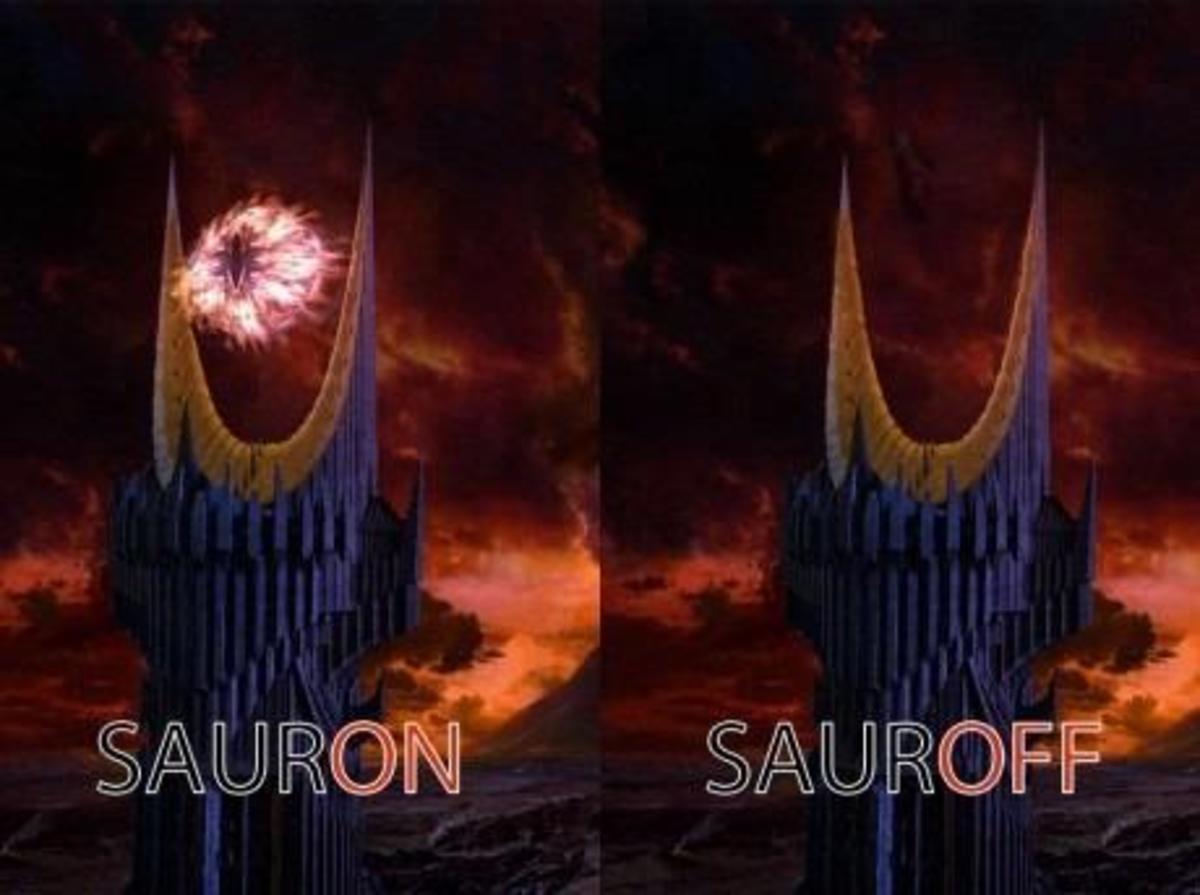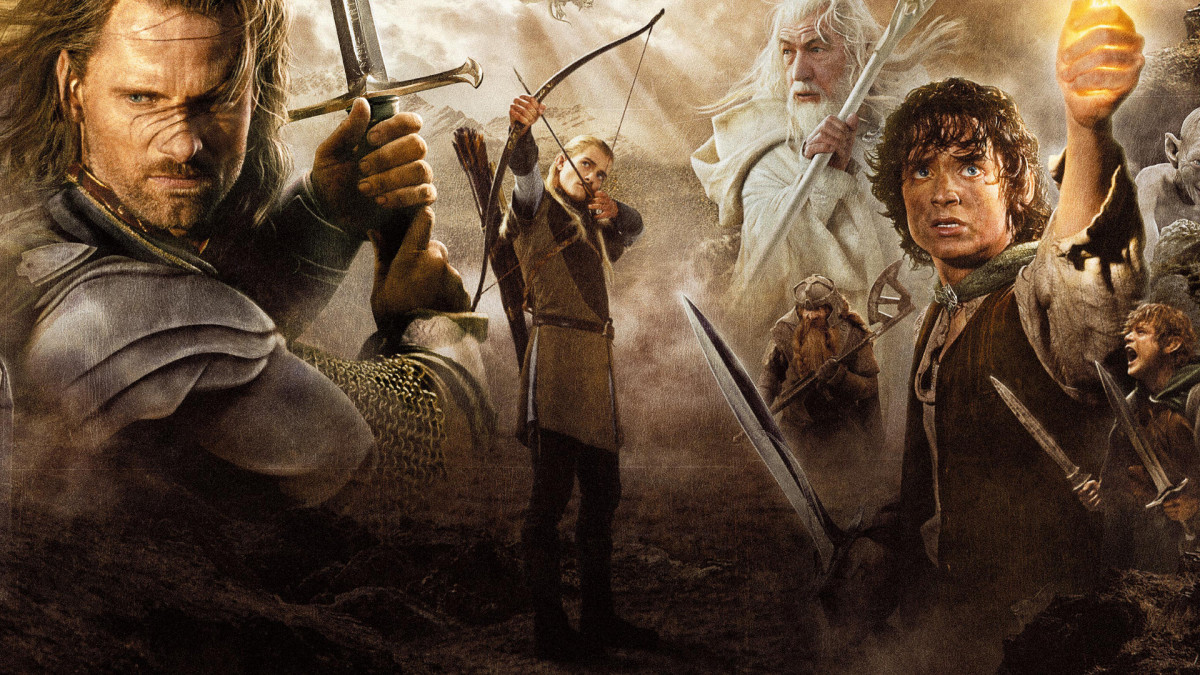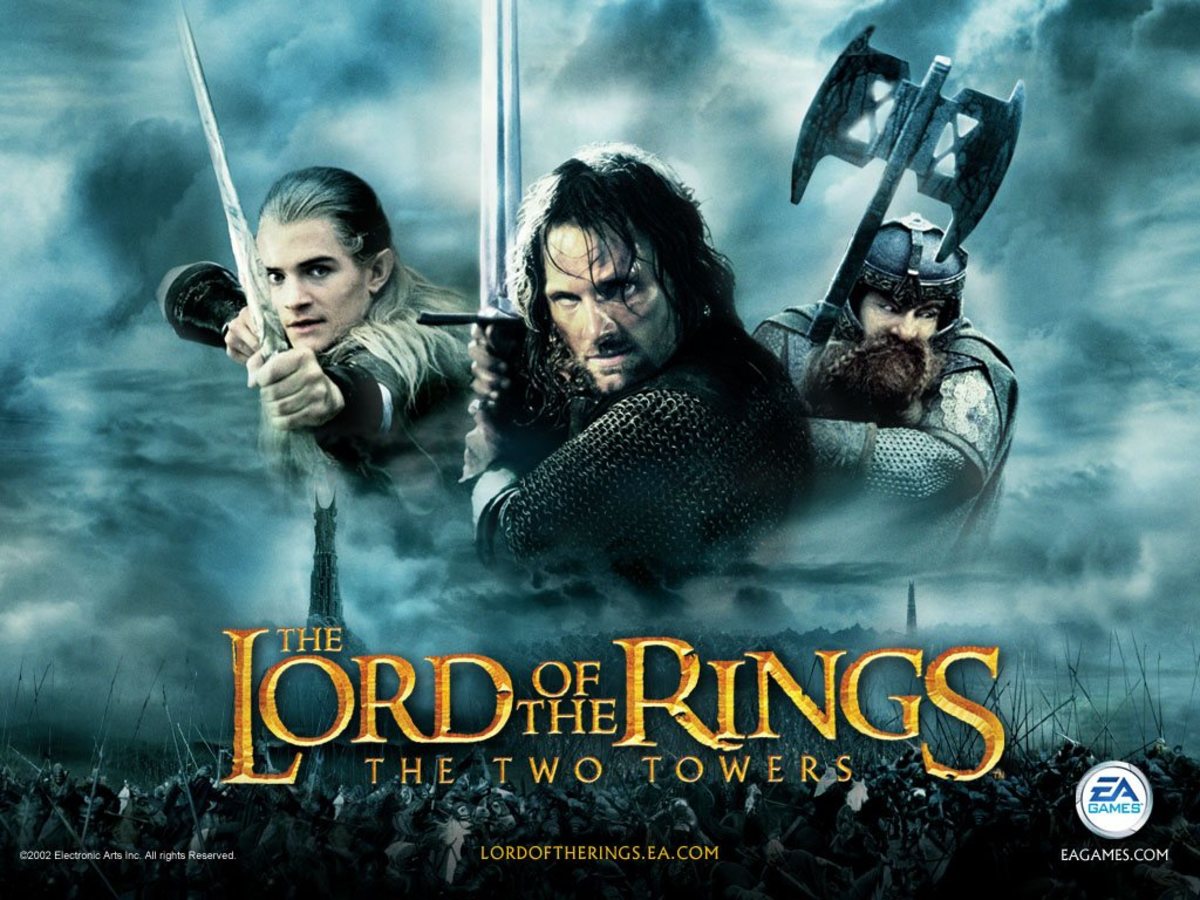- HubPages»
- Entertainment and Media»
- Movies & Movie Reviews»
- Science Fiction & Fantasy Films
Warcraft (2016): A Movie Review
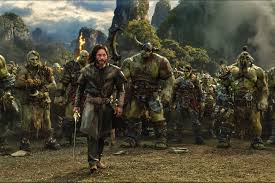
Who says there are no good movie adaptations of computer games?
Friends, let me start by saying that this film is great. I'm giving this a 9 out of 10 --- which I previously gave only to "Man of Steel." This is a film I will be watching over and over again.
I only just saw this film, having borrowed it for free from my local public library. I wish I had seen it in theaters. I would have gladly paid full price to see this on the big screen. At the risk of sounding romantic: Friends, this is why we go to the movies!
That's a bold statement, I know. I can't defend it. I can only feel it.
Why do I feel this way?
The dominant thought I came with, after this film's conclusion was this: This movie contains everything that the Lord of the Rings multiple-installment cinematic saga has, but in one single movie.
This fact serves as an indictment against the Lord of the Rings saga, for the ponderous nature of it, as a whole, and of each multi-aeon film. There is a whole lot of snore-inducing roaming around various landscapes in those movies.
*First Point*
I cannot stress this enough: Warcraft showed me that the Lord of the Rings saga would have benefitted tremendously by the use of TELEPORTATION!
Anything, please, to cut down on the interminable wandering over this landscape and the interminable wandering over that landscape, mixed in with a dab of more interminable wandering over yet another landscape!
I will return to the teleportation point later in this review.
*Second Point*
Now, I hate to slam a legendary series of films based on a legendary series of books. But I feel compelled to say this: Sauron's motivation never made any darn sense to me.
Why did Sauron make the ring (or rings?)? Why did Sauron put his great power in an artifact (or artifacts?)?
There is no good explanation for that. The plot of the entire series is negated if Sauron does not do something so stupid. It's like breaking a one hundred dollar bill into four hundred quarters.
Why on Earth would anyone do that?
There is no rational reason for that.
Indeed, I go so far as to question the very need for the Sauron character in the story.
*Third Point*
Yet another thing the Warcraft reveals is a certain clumsiness in the way Lord of the Rings manages magic-relative-to-the-artifact. Conversely, Warcraft is very efficient in the way it manages magic-relative-to-the-artifact.
I will come back to this point as well.
*Fourth Point*
Warcraft has a stronger moral message than Lord of the Rings. In fact, upon examination, the moral message of the latter is rather,..., --- what's a technical term I could use? --- crappy!
Question: What is the moral message of the Lord of the Rings?
Answer: That "evil" technology can never be put to any other use than "evil."
Question: How do we know that the ring is evil?
Answer: Because Gandalf the wizard says so. And it is only after do we "see" the ring's corruptive effect on the Golem, and then, briefly, on Frodo the Hobbit. But this happens AFTER Gandalf tells us, the audience, that the ring is evil because it was forged by the evil Sauron. We never actually see the ring do anything evil.
Conversely, in Warcraft we actually see that the bad magic of "the fell" is evil because it is fuelled by something evil: the extraction of life itself. We see that this form of magic is inherently parasitic or vampiric.
Furthermore, in Warcraft we actually see the "Sauron" character. He is visible and functions in this film. He is not some kind of ghost.
Moreover, when "the fell" is tapped into by a human magician, we can buy that it has a corrupting effect on him, again, because of what we have been directly and plainly shown about the inherently parasitic nature of this magic.
Fourth Point Continued
Now, I said that The Lord of the Rings has a crappy moral message.
What is that crappy moral message again?
It is that nothing good can come from the use of "evil" technology. Only "evil" can come of it; and furthermore, the "evil" tech will inevitably corrupt even good people who try to use it. "Evil" technology can never be used for good because it will corrupt the good user and his originally good purpose, warping it into something bad.
The problem with this argument appears when we summon an analogous thesis from the world of the Western political economy of capitalism, which goes something like this:
Modern life brings with it many conveniences. Travel is faster, more efficient, and more convenient. Tasks like washing clothes and dishes is easier and faster. Modern medicine has removed many of the dreaded illnesses of the nineteenth century. The blessings of modern life are most apparent in the fields of computing and telecommunications. And so on and so forth.
But modern technology also has a "downside," in that it has led to loss of jobs for many, many blue collar workers, as machines have come into factories to do their jobs much more quickly, efficiently, and cheaply.
Here's the thing: "Technology," or "modern technology" does not have a mind of its own. It does not fall from the sky, in a finished form, with a mandate from God to be used and used to replace human workers. Technology, in such instances, are shaped by human will, more specifically political and economic elite class human will.
"Technology," then, does not care how it is used. For instance, for a laudable, compassionate, and profoundly HUMAN use of technology, check out the story of the use of robot waiters in Japan, who are driven and controlled remotely by paralyzed, bed-ridden people (You can Google the story).
The point, again, is that "technology," not having a mind of its own, does not care how it is used.
Therefore, why couldn't the ring in Lord of the Rings be used for good, to fight the forces of Sauron's evil?
Again, simply because Gandalf said so. The entire Lord of the Rings series rests upon the foundation (if one can call it that) of the wizard's arbitrary assertion.
And so, Sauron's effective function in this series is that of the "sky" --- from which technology does not fall, in a finished form, with a mandate from God that it be used in place of human workers.
One last point on this...
There are examples from the practices in the Western political economy that mirror that of the demonstrably bad magic of the "fell" in Warcraft.
One is simply the practice of corporate boards in executing mass layoffs for the sole purpose of making a good impression of discipline to Wall Street, which then serves to raise the stock price.
The higher profits that come from the elevated stock price --- which go to upper management and the most important stockholders --- is inherently fuelled by the destruction of livelihoods of legions of blue collar workers. It is fundamentally "bad magic," if you will.
Once again, conversely, a computer is just a computer. An iPhone is just an iPhone; a transistor is just a transistor. These are things, not practices.
And so, the ring in Lord of the rings is just a will-less thing. The bad magic of the "fell," is Warcraft is an inherently vampiric practice: perhaps, more precisely, the "fell" is both a thing and practice, a noun and a verb.
Friends, I know that I said I would return to the point about teleportation. I also said that the Lord of the Rings saga would have benefitted from the use of teleportation.
However, I realize now that I made that remark out of frustration with Lord of the Rings, rather than any concrete, objective assessment. Frankly, I do not see any way to redeem Lord of the Rings (the movies) from their deeply, deeply, deeply flawed premise. The only way we "know" that the ring is "evil" is because Gandalf said so.
We never see the ring do anything evil. We never see that its power is fuelled by anything extractive. We see people who come into the ring's vicinity act a little funny, but that is only after the fact of the wizard's assertion.
Of course, we understand that the whole adventure in Lord of the Rings is about Sauron wanting to get his ring back; and his opponents wanting to keep it away from him and throw it in a certain volcano to "unmake" it.
And blah, blah, blah...
Friends, let's wrap this up!
I think that the above discussion covers my central point. Now, I could provide a plot summary, but you can get that anywhere; and this piece has already gone on for a long time.
Warcraft is great because it is a great looking film. Not only that, the world-building is superbly imaginative yet convincing. The story is just about airtight. It feels like people took the time to write this movie properly.
All of the roles are perfectly cast and very well acted. There was one small problem I initially had, which turned out not to be a problem at all. Ben Foster was cast as the wizard, the "Guardian" of the human realm of Azeroth. I had trouble accepting him as the noble Gandalf-like wizard. His accumulated on-screen persona that Mr. Foster has developed, with the roles he has played, would not suggest that he was right for such a role.
However, as his character becomes corrupted, darker, and more complex, over the course of the movie, I corrected myself and thought: Oh no, that role, too, was correctly cast and perfectly acted!
This movie has heart, warmth, humor, and "humanity." There are likable character to route for on both sides. There is noble self-sacrifice on both sides (but a bit more side on the human Azeroth side). Racism is handled in a thoughtful, interesting, and clever way. Keep your eye on the character of a warrior woman who is half Orc and half human; and it is directly in relation to this character in which there is that noble self-sacrifice that I mentioned.
This film is inspiring, not only in terms of the art of movie-making. But it is inspiring in that it makes one want to be a better person.
I'm going to say it right now: This movie is the Citizen Kane of the fantasy genre.
Thank you for reading!

